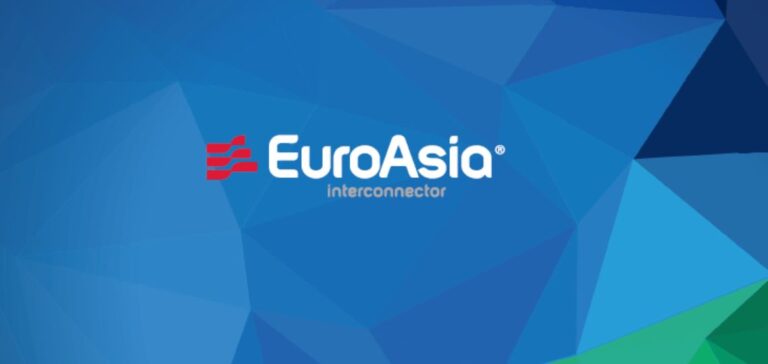For the first time ever, Nexans has been awarded a major turnkey contract worth 1.43 billion euros for the EuroAsia interconnection between Greece and Cyprus.
Towards a carbon-free economy: Nexans plays a key role in the development of the EuroAsia interconnection
As part of a wider project to connect the networks of Greece, Israel and Cyprus. The 525 kV high-voltage direct current (HVDC) cable will be the world’s longest and deepest interconnection, with a 2-pole length of 900 km. This means it will cross the bottom of the Mediterranean at a depth of over 3,000 metres. Nexans’ facilities in Halden (Norway) and Futtsu (Japan) will manufacture the mass-impregnated HVDC submarine cables. The state-of-the-art Nexans Aurora and Nexans Skagerrak cable-laying vessels will install the cables.
The EuroAsia interconnector will exchange up to 1,000 MW between the three countries with a capacity of 2,000 MW, equivalent to the average electricity consumption of 3 million households, and will put an end to Cyprus’s energy isolation by creating an energy highway between Europe and Asia. It will be the largest interconnection project in history, supplying over 3 million households with electricity. Pole 1 is scheduled for completion in 2028 and Pole 2 in 2029.
“This record-breaking project demonstrates our ability to innovate and push the boundaries of electricity transmission and distribution to meet an ever-growing global need. It is a crucial step on the road to a carbon-free economy. Nexans’ global electrification strategy plays a key role in the world’s journey towards a carbon-neutral future, and we are delighted to have been chosen to bring the development of the EuroAsia interconnector to life.” Christopher Guérin NEXANS CEO.
The EuroAsia interconnection project: a crucial step towards decarbonization and the EU Green Deal
The European Union has designated interconnection as a project of common interest (PCI). This will enable the project to benefit from accelerated planning and permitting, reduced administrative costs and public participation. To qualify as an ICP, a project must also contribute to the European Union’s energy and climate objectives. As a result, a large proportion of shared electricity will come from renewable and low-carbon sources. IPTO, Greece’s Transmission System Operator, provided technical and operational capabilities to the project to ensure successful implementation.
“We are proud that after 12 years of hard work, the world’s longest and deepest subsea HVDC power interconnector built by Nexans puts Cyprus on the global energy map, while ending the energy isolation of Cyprus, the last non-interconnected EU member state, and Israel. The EuroAsia Israel-Cyprus-Greece electricity interconnection is a European PCI 3.10 project of common interest that ends the energy isolation of Cyprus and Israel, creates security of supply, significantly reduces CO2 emissions and serves the European Commission’s “Green Deal”. “Nasos Ktorides CEO EUROASIA INTERCONNECTOR.
The parties expect the Greek and Cypriot energy regulators to intervene in due course.
Nexans rewarded for expansion and achievements in strategic markets
Nexans pushes the boundaries of its strategy and continues to expand into important new markets. As evidenced by Nexans’ recent awards, including the 2GW framework agreement with TenneT with 525 kV offshore cable technology. As well as the Celtic interconnection linking France and Ireland.
The Group is a leader in connecting all regions of the world. In particular, those with the greatest potential for renewable energy in areas where demand for electricity is highest.
From energy production and transmission to distribution and use. Nexans solutions cover the entire electrification value chain to connect the world’s renewable energy sources. This ensures that electricity can be delivered to the four corners of the globe safely, reliably and efficiently.






















